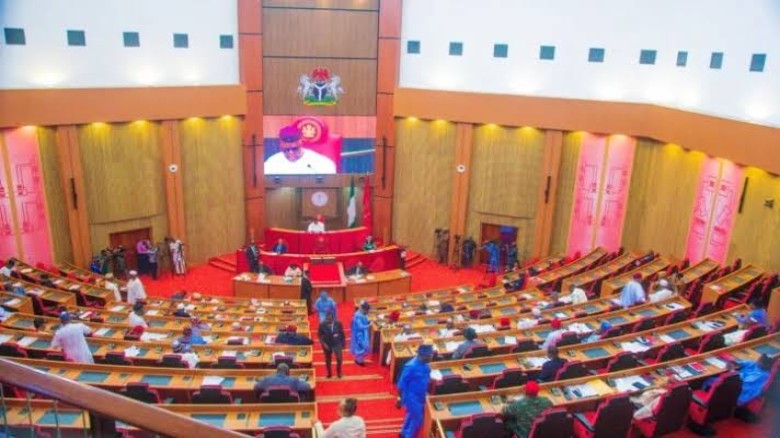Currency outside banks hit ₦4.6trn in March – CBN
In March, the total value of cash kept outside Nigeria's banking system reached ₦4.6 trillion, accounting for 91.9% of the total currency in circulation (₦5.00 trillion).In March 2025, the Central Bank of Nigeria (CBN) reported that ₦4.6 trillion was held outside the banking system, making up 91.9% of the entire ₦5.00 trillion in circulation.
This demonstrates Nigeria's persistent reliance on physical cash, despite ongoing efforts to develop a cashless economy.
In March 2024, outside banks had ₦3.63 trillion of the total ₦3.87 trillion in circulation.
The new numbers show a 26.7% year-on-year growth in currency kept outside of banks and a 29.3% increase in total currency in circulation.
The March 2025 data reveals a continuous trend: Nigerians continue to prefer real cash over formal banking institutions. Between February and March, cash outside banks increased from ₦4.52 trillion to ₦4.60 trillion, but total currency in circulation decreased slightly from ₦5.04 trillion to ₦5.0 trillion.
As a result, the share of currency outside the banking system increased to 91.9%, the highest level in five months.
The increased circulation of physical currency coincides with rising inflationary pressures.
According to the National Bureau of Statistics, headline inflation increased to 24.23% in March 2025, from 23.18% in February.
On a month-to-month basis, inflation increased by 3.90%, nearly doubling February's rate of 2.04%, showing a dramatic acceleration in consumer price increases.
Nigeria's informal economy, which is projected to generate more than 50% of GDP, continues to rely significantly on physical cash.
This preference is still driven by factors such as inadequate digital literacy, poor network infrastructure, and a lack of trust in banking platforms. Many customers regard electronic transfers as untrustworthy, commonly citing concerns such as delays, botched reversals, and ATM outages as ongoing irritants in daily transactions.
Despite the rapid expansion of fintech and strong regulatory support for electronic payments, physical currency is still deeply embedded in Nigeria's economic and cultural landscape.
Without considerable improvements in trust, infrastructure, and financial literacy, the vision of a totally cashless economy may still face enormous challenges.
























Leave A Comment